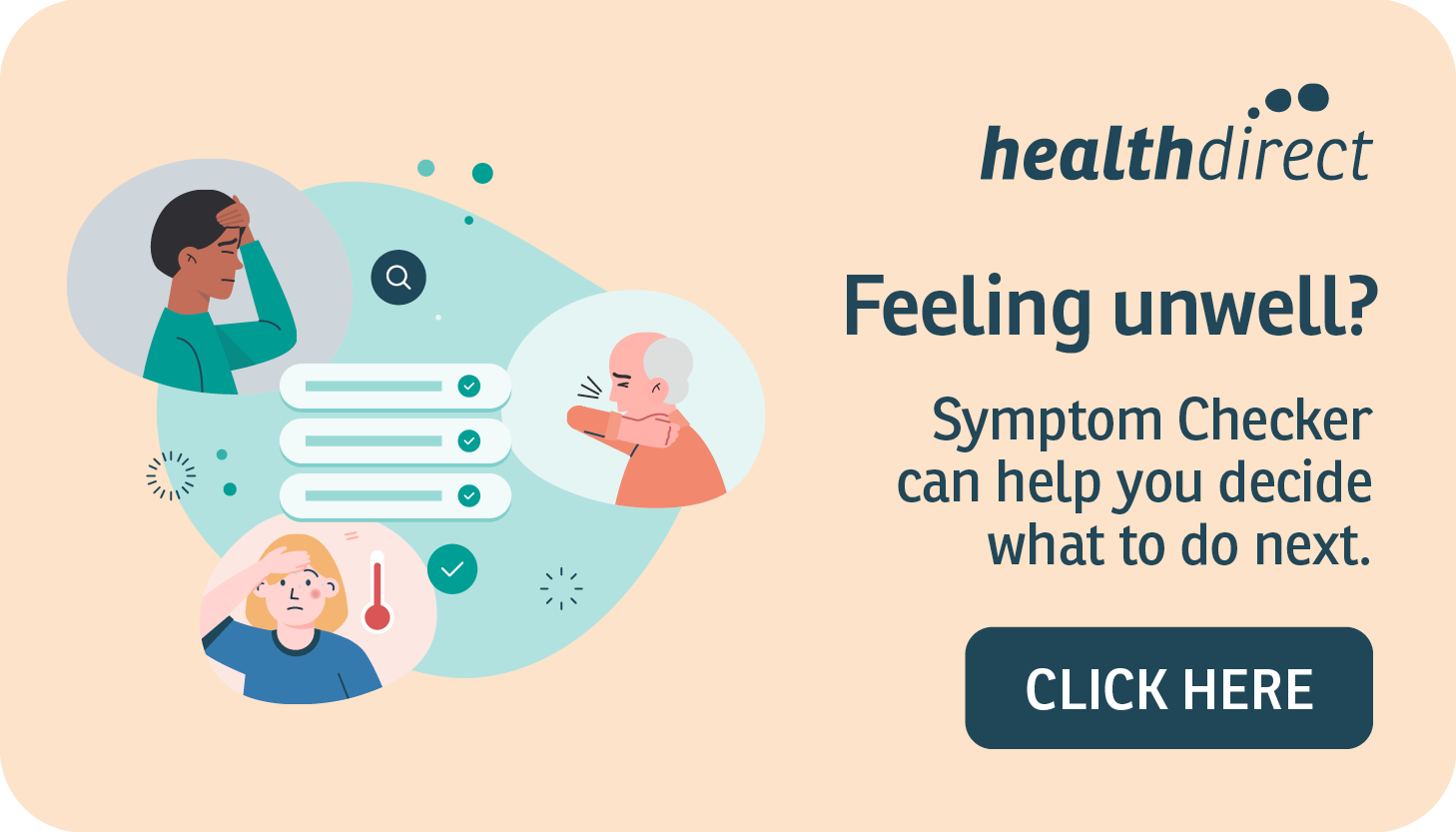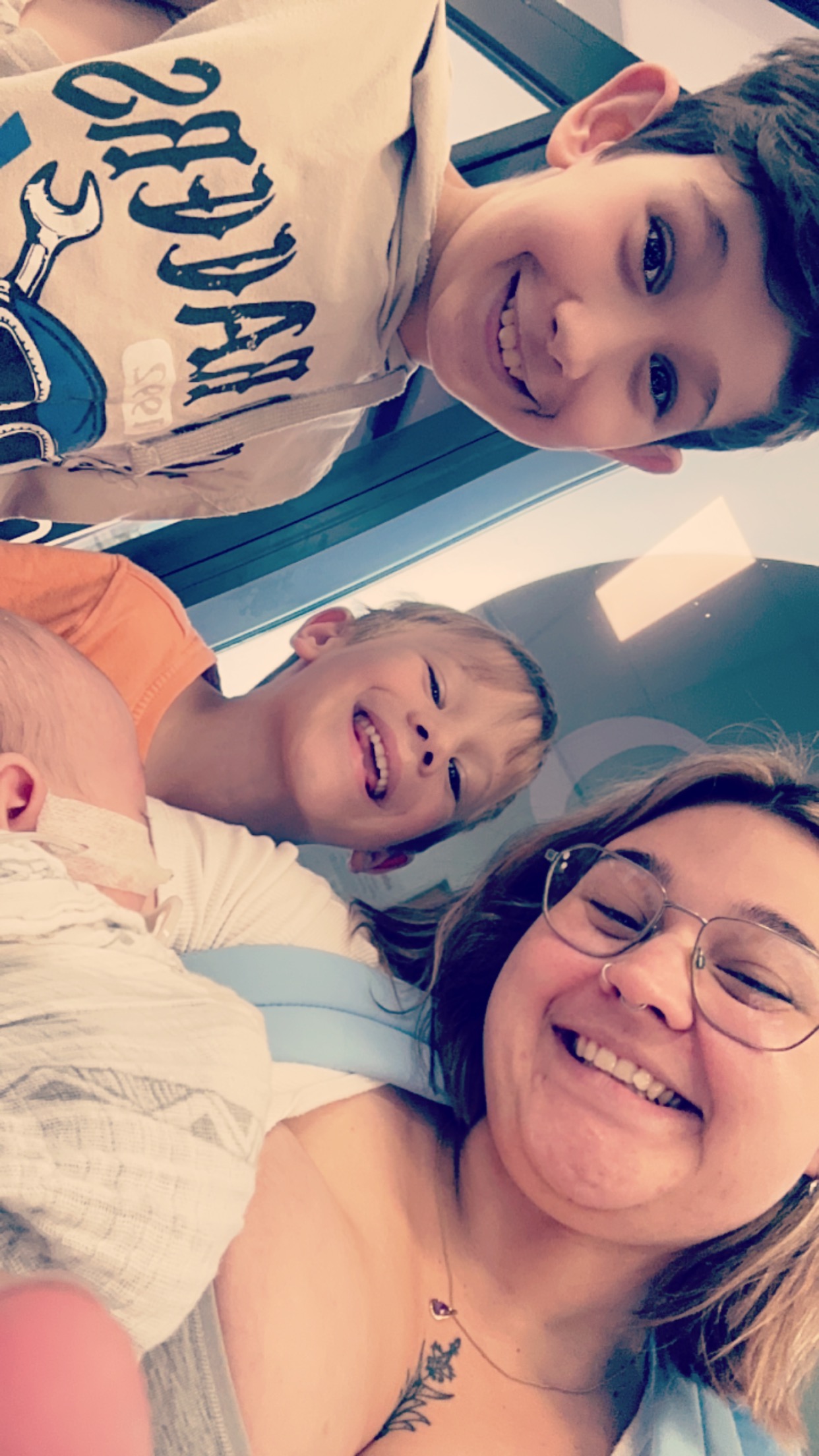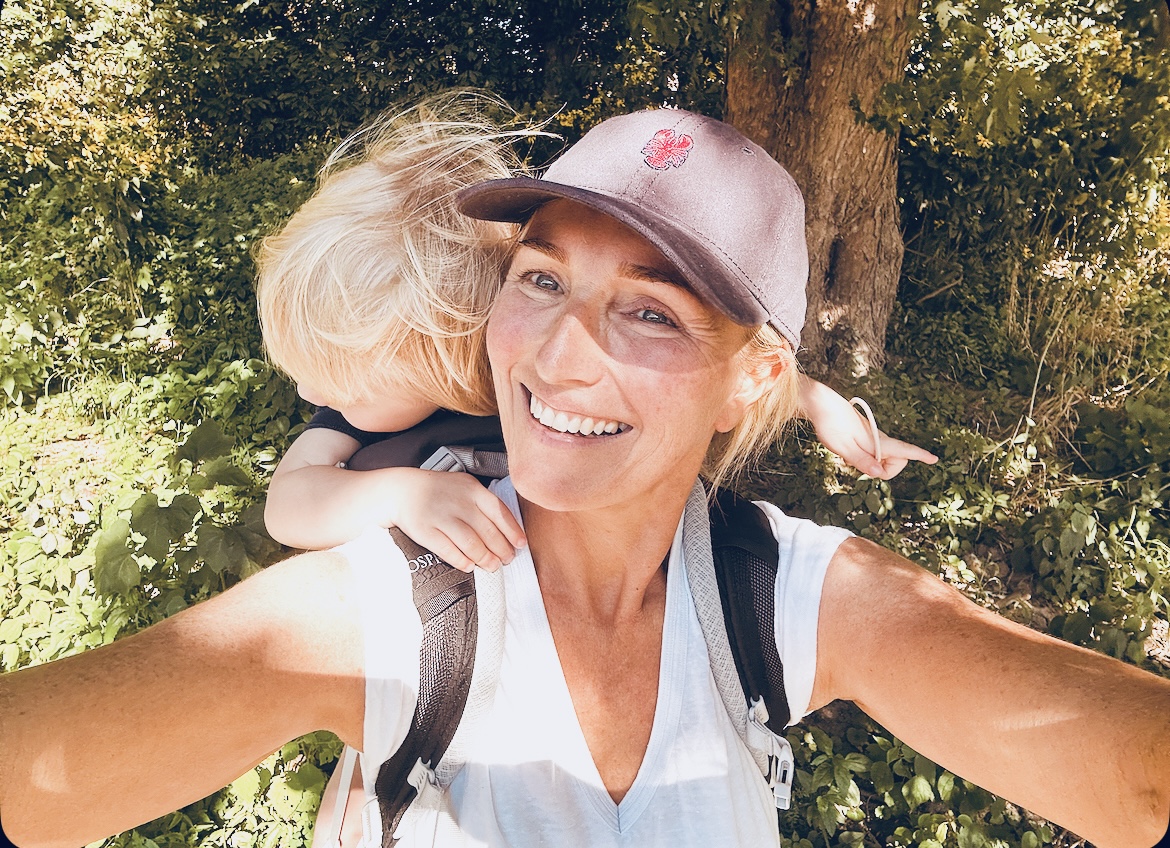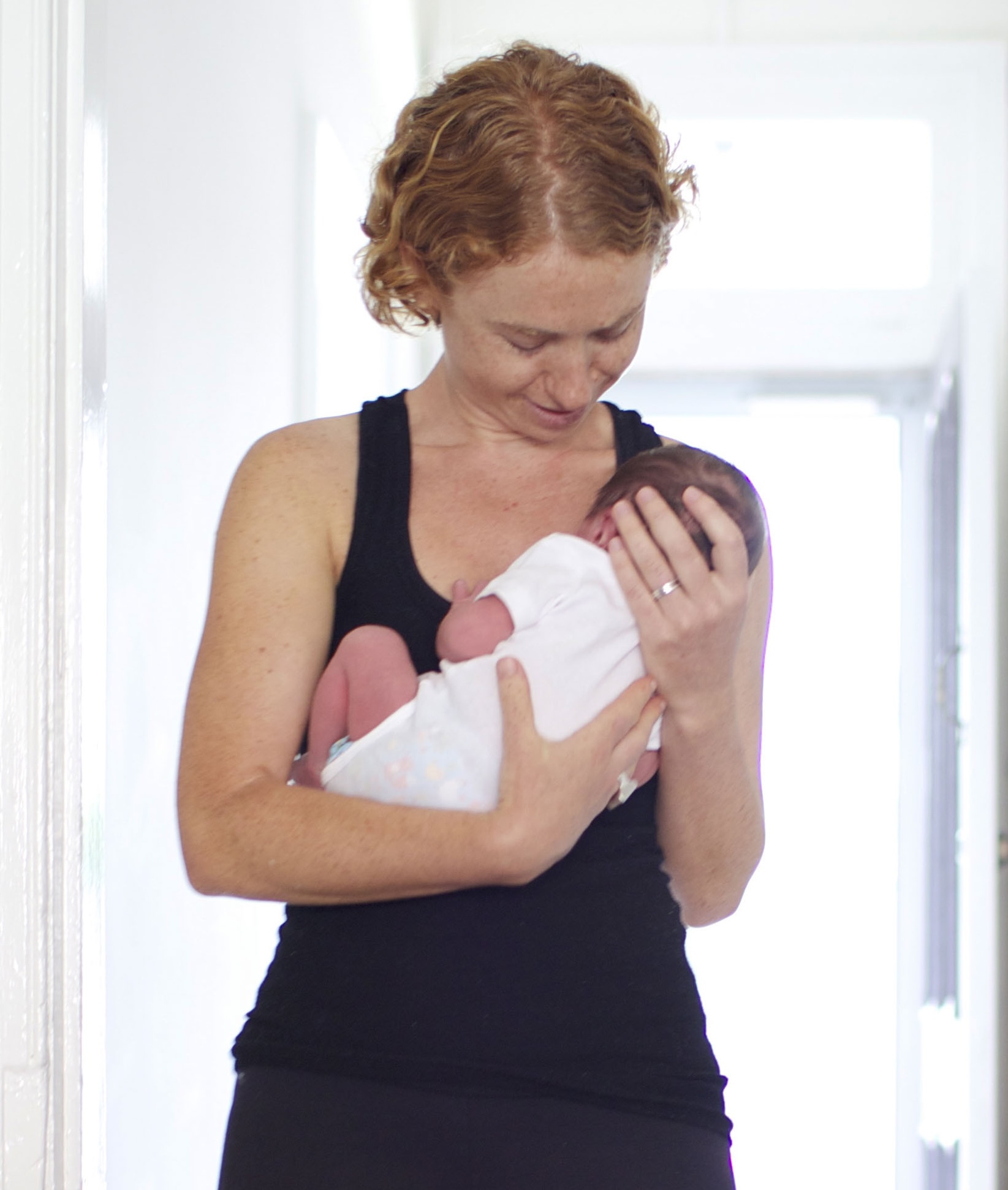Baby Arlo was born in January 2020, on what was meant to be my last day of work. I had gone into spontaneous labour almost 4 weeks early. My partner, our five-year-old son, and I were over the moon to welcome a healthy baby boy into our family.
My pregnancy was smooth despite being a little anxious about the bushfire smoke Sydney experienced during the 2019-2020 summer and the impact this might have on the unborn baby. However, I don’t think this was unusual – many people in Sydney were anxious about the smoke.
When Arlo was four days old, I received intravenous antibiotics, followed by oral antibiotics to treat mastitis. Despite this treatment, one-week post-partum, the infection took over my body. At the time, we were shopping in IKEA when I experienced extreme pain in my breasts, spiked a fever, and developed paranoid thoughts – I have no history of mental illness. Coronavirus was being reported in the media and I was terrified that all the hard surfaces in IKEA were contaminated by the virus, including the teddy bear we bought for our 5-year-old son – now affectionately known as Corona Bear.
We hurried home from IKEA, where the infection began to overwhelm my body. I presented to Royal North Shore Hospital Emergency Department, later to be informed that I had sepsis, a life-threatening systemic response to an infection. I had not slept for three days and became terrified that the authorities were monitoring me for coronavirus – my mind was telling me that the light above my bed was a video camera directly feeding information back to the authorities.I was transferred to an isolation room in the maternity ward for ongoing antibiotic treatment. At one stage my veins collapsed due to the IV treatment. I was afraid, became increasingly confused, paranoid, and delusional. I lay in bed in a dark room, alone with my thoughts. I held a belief that my partner had signed our children and I up to a clinical trial where researchers had wired our bodies to a medical device that was controlling all aspects of our functioning. I thought the windows were one-way mirrors, that the nurses were researchers, that the television was a recording device, and that the clock and my phone were being controlled by the researchers. I lost complete track of time and became withdrawn. As luck should have it, my partner is a mental health nurse and she noticed the changes in my mental state and advocated for a psychiatric review. This occurred over several days.
In the meantime, my delusions shifted. I began to think that I was rich and famous. This belief led to me uncharacteristically spending over one hundred dollars in the hospital newsagency. I thought that robot versions of my son’s had been developed by a technology company and it was these robots that were visiting me. Listening to music began to take on a new experience, one of personal meaning and direction to carry out certain behaviours.My treating team explained to me that I was experiencing post-natal psychosis. I was confused. My thoughts seemed so real. I was able to hold down a conversation with other patients or visitors. But when left on my own, my mind took me to places that at the time made sense, but now seem so bizarre. My memory, concentration, and attention were all impacted. I struggled to remember treatment plans, what day it was, or who had visited me.
Once my infection was under control, I was transferred to the Short Stay Unit and Acute Mental Health Unit at the Professor Marie Bashir Centre at Royal Prince Alfred Hospital. It was during this admission that I continued to display odd behaviours and beliefs, focusing on the need to leave the hospital in disguise so that the public and media would not recognise me. I had commenced anti-psychotic medication which over time helped treat my delusional thinking. I caught up on lost sleep, practiced mindfulness, and focused on challenging my thoughts. I used the sensory room, began exercising, and listened to music. I struggled a lot with the side effects of the anti-psychotic medication – restricted affect, no emotional feeling, sedation, and weight gain.
I was unable to have Arlo with me while admitted to the mental health ward. On reflection I know I was too unwell to care for Arlo during the acute phase of my psychosis. However, as my mental state improved, I became increasingly concerned about missing the crucial fourth trimester with him.My next and final hospital admission was the Mother and Babies Unit at St John of God Hospital, Burwood. It was here that Arlo and I began to build that all-important bond. It was also a place where I could talk to other new mums experiencing mental health issues.
I spent around 6 weeks in the hospital. However, about 2 weeks after discharge NSW went into lock-down due to COVID-19. This was a curve-ball I was not expecting! I found myself at home with both boys full-time. I worried that my mental health would deteriorate. But I also knew that I had the unwavering support of my partner, who ensured that I was getting adequate sleep, exercise, and time to myself. The Perinatal Infant Mental Health Service also provided psychological support to me during this time.
Over a 4-month period, my medication was reduced and eventually ceased. I am now in recovery but remain vigilant of my early warning signs. I prioritise time with my family, sleep, and walks. I am so grateful for a partner that fully understood my mental health condition and could advocate for me when I was unable to. It has been incredibly hard coming to terms with the knowledge that I have experienced postpartum psychosis. My message to other women who experience this is that things can and do get better. Talk to people you trust and hang in there.
Gen's Story
Please submit your details below and we will be in touch soon.
Related Fact Sheets

a new mum's story
this Christmas

%201.webp)









%201.webp)













.png)

